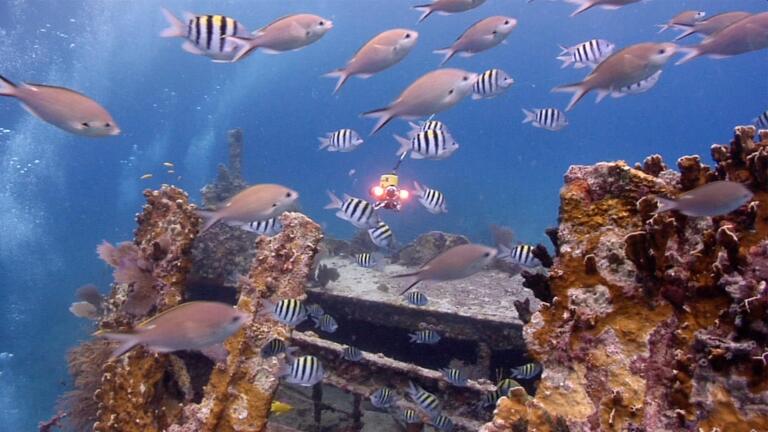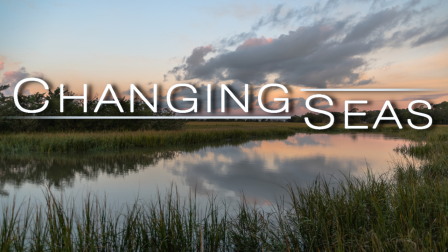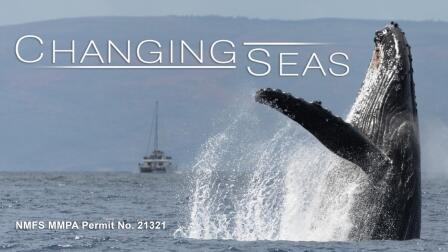
Access to this video is a benefit for members through PBS Passport.
Back to Show
Changing Seas
Toxic Waters
Season 11
Episode 1102
Harmful algal blooms come in many forms, from toxic outbreaks impacting the health of animals and humans, to non-toxic but expansive sargassum mats devastating local economies and tourism. Scientists are working to understand what causes these blooms, how they impact us, and how we can stop them.
Support Provided By

Unlock with PBS Passport
26:46
New research sheds light on the lives of mysterious creatures of the deep.

Unlock with PBS Passport
26:45
Divers from around the country learn how to map shipwrecks.

26:45
Follow one scientist studying coral in Belize.

Unlock with PBS Passport
27:14
Scientists studying the coastal Everglades make some perplexing discoveries.

Unlock with PBS Passport
27:01
The Cayman Islands are home to the last great reproductive population of grouper.

Unlock with PBS Passport
29:33
Scientists work to identify and link a devastating coral disease to a human pathogen.

Unlock with PBS Passport
27:16
Scientists use satellite tags and DNA forensic tools to track tiger sharks.

Unlock with PBS Passport
26:47
Oceanographers continue to study the long term effects of an oil spill.

Unlock with PBS Passport
26:46
A group of scientists tests sea sponges for potential anti-cancer properties.

Unlock with PBS Passport
26:46
Explore the emerging science of coral reef restoration.

26:49
The invasive lionfish is a major threat to biodiversity and a stressed coral reef.

Unlock with PBS Passport
26:48
Examine the important role seagrasses and mangroves play in the ocean’s web of life.











